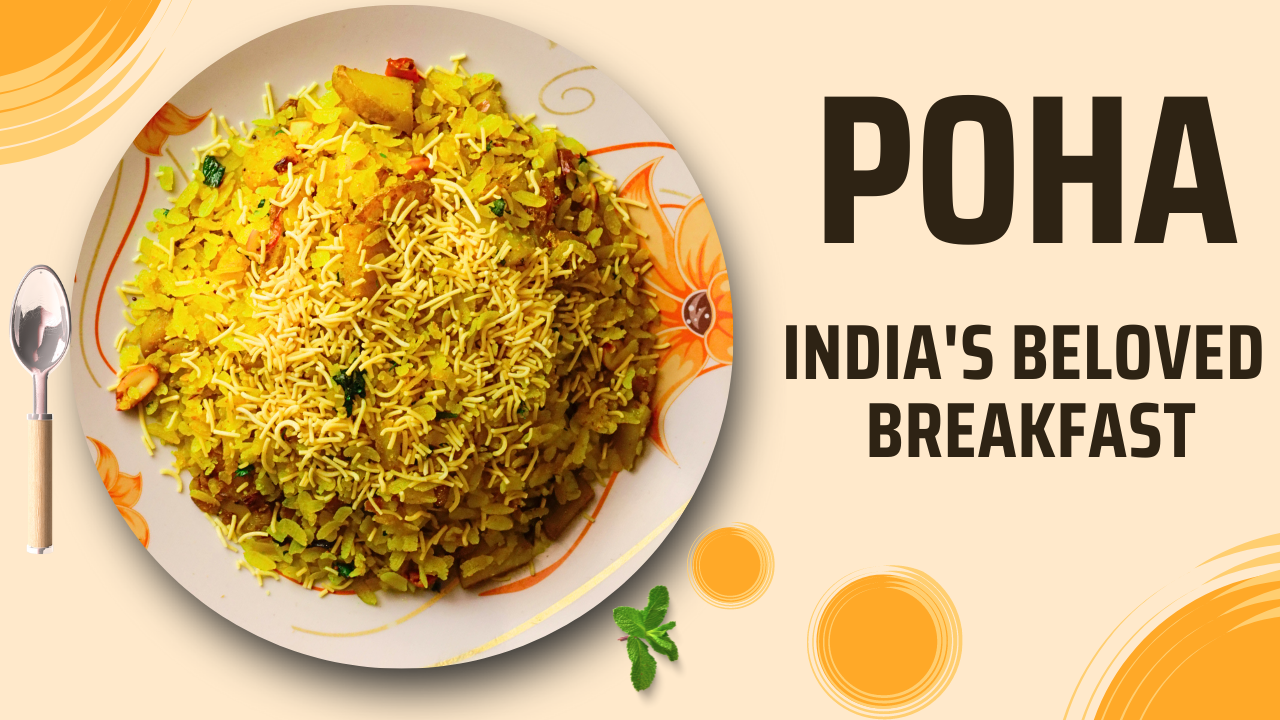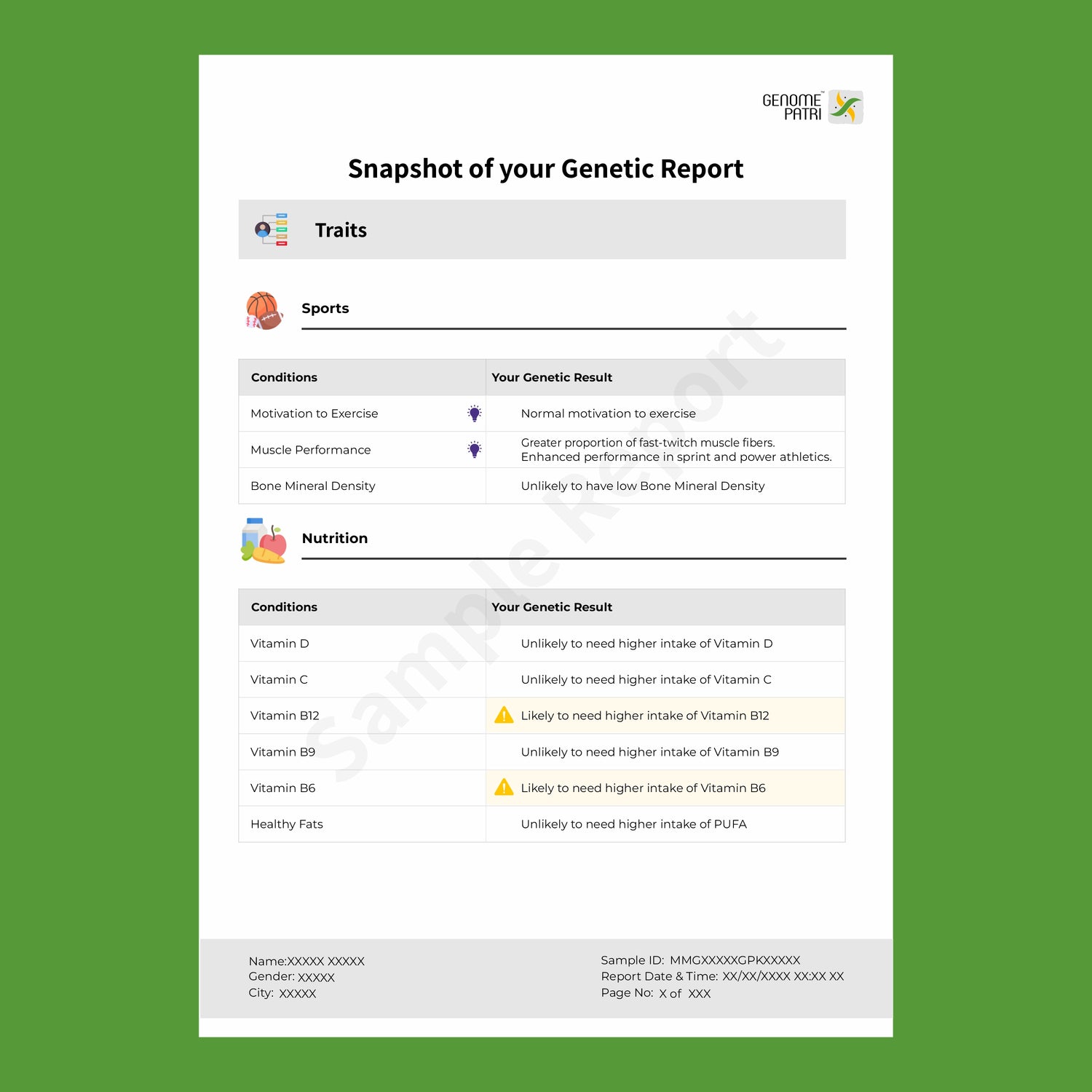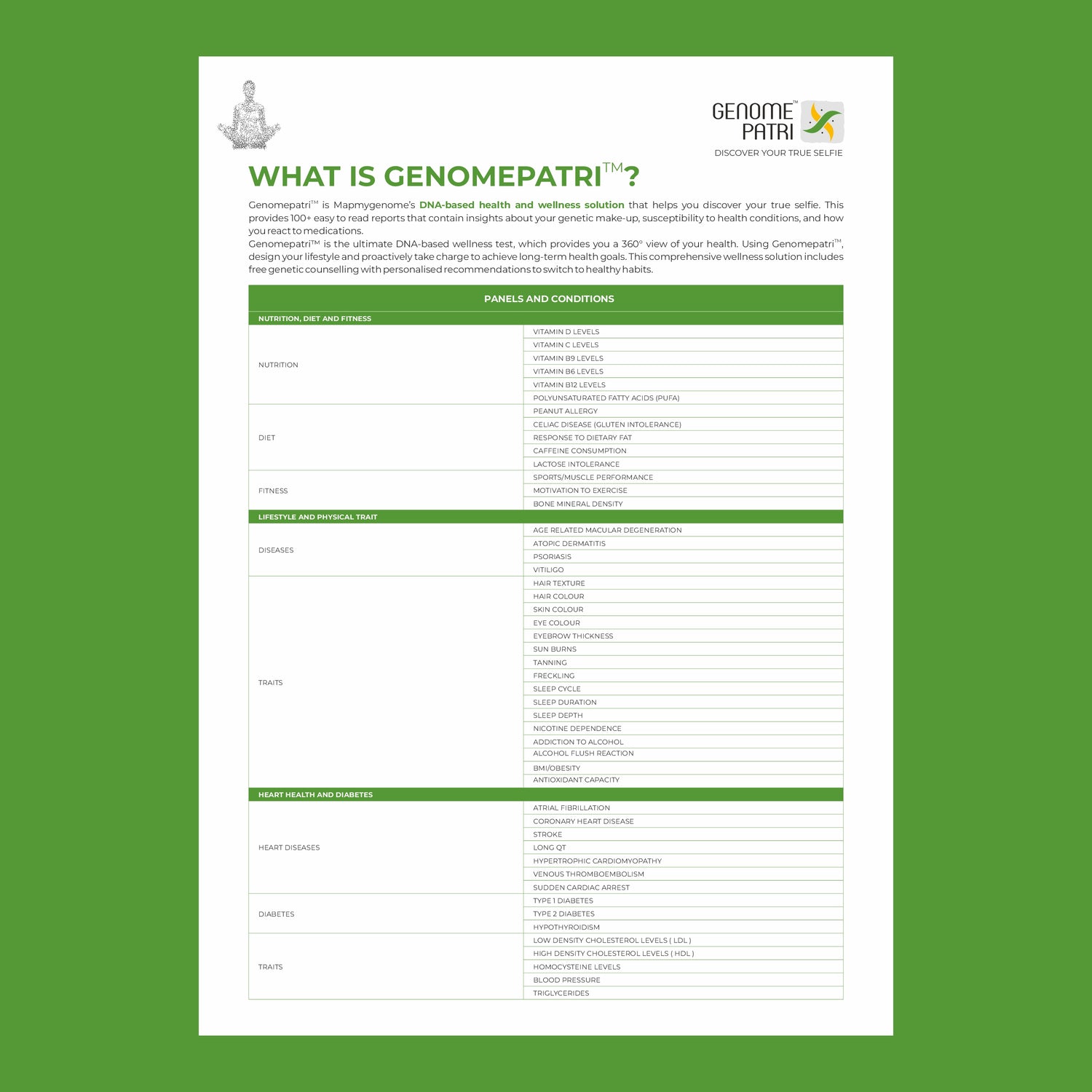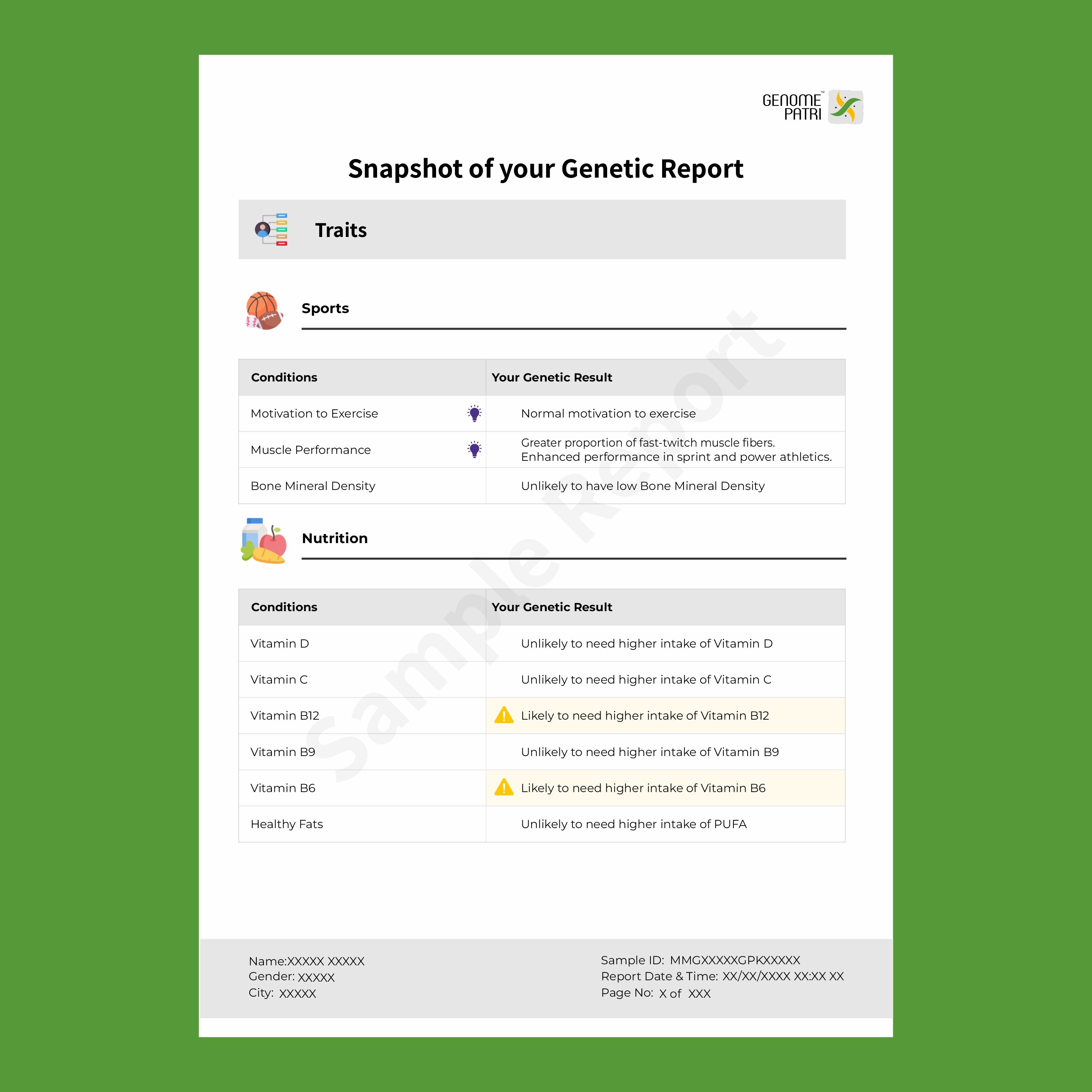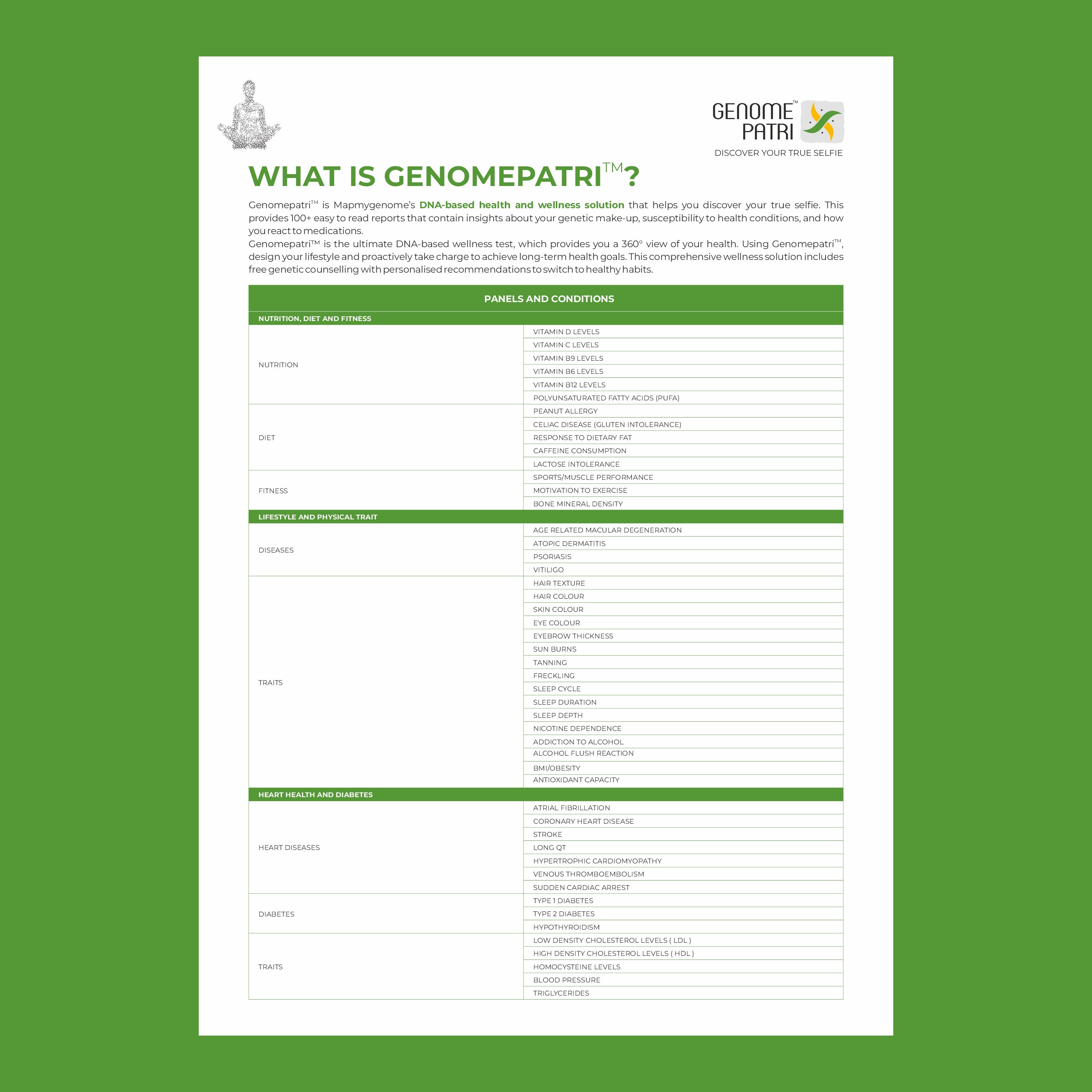Did you know that yesterday, June 7th, was World Poha Day? This versatile and beloved Indian breakfast dish, known by various names like pauwa, avalakki, atukulu, and chivda, deserves its own celebration! Poha, made from flattened rice flakes, transforms into a fluffy, flavorful meal cherished across India. Whether it's the classic Kanda Poha of Maharashtra or the savory Avalakki of Karnataka, each region boasts its unique take on this beloved staple. But poha isn't just delicious; it's also surprisingly nutritious and a lighter, healthier alternative to some popular Western breakfast options.
As the saying goes, "Breakfast is the most important meal of the day," and poha is a testament to this wisdom. It's a light yet satisfying dish that fuels your body and mind for the day ahead.
Poha vs. Pizza vs. Burger: A Nutritional Showdown
|
Food Item |
Calories (approx.) |
Carbohydrates (g) |
Protein (g) |
Fat (g) |
Fiber (g) |
|
Poha |
170 |
36 |
3 |
1 |
1 |
|
Veg Pizza (slice) |
250 |
30 |
10 |
10 |
2 |
|
Cheese Burger |
300 |
30 |
15 |
15 |
2 |
Poha, as you can see, is a good source of carbohydrates for energy, and it's lower in fat and calories compared to pizza and burgers, making it a great choice for those watching their weight. However, its protein content is relatively low, which is where additions like peanuts or chana dal come in handy.
The Impact of Toppings: Bhujia, Sev, and More
While plain poha is already a healthy option, adding toppings like bhujia, sev, fried peanuts, or extra cheese can significantly increase the calorie, fat, and sodium content. Enjoy these toppings in moderation to keep your poha a healthy choice.
Poha's Nutritional Profile: A Pleasant Surprise
Beyond macronutrients, poha also provides a range of micronutrients:
- Iron: A good source of iron, particularly important for women and vegetarians.
- Fiber: Aids digestion and promotes gut health.
- B Vitamins: Essential for energy metabolism.
- Magnesium and Phosphorus: Vital for bone health and various bodily functions.
Personalizing Your Poha with Genomepatri
Everyone's nutritional needs are different, and genetic testing can offer valuable insights into your unique metabolism and nutrient requirements. Genomepatri, a comprehensive genetic test, can help you understand how your body processes carbohydrates, fats, and proteins, as well as your predisposition to certain vitamin and mineral deficiencies.
For example, some individuals may process carbohydrates more efficiently than others, while others may have higher protein needs due to genetic variations.
Athletes and those with active lifestyles often need more carbohydrates and protein for fuel and muscle recovery. Understanding your genetic profile with Genomepatri can help tailor your poha recipe to your specific needs, whether that means adding more protein-rich toppings, adjusting portion sizes, or incorporating other nutrient-dense ingredients.
Simple and Healthy Poha Recipe
Ingredients:
- 1 cup poha (thick variety)
- 1 tablespoon oil
- 1/2 teaspoon mustard seeds
- 1/2 teaspoon cumin seeds
- 1/4 teaspoon turmeric powder
- 1 chopped onion
- 1 chopped green chili
- 1/4 cup chopped peanuts
- 1/4 cup chopped cilantro
- Salt and lemon juice to taste
Instructions:
- Rinse the poha thoroughly in a strainer until soft but not mushy.
- Heat the oil in a pan and add mustard seeds. When they splutter, add cumin seeds, turmeric powder, chopped onion, and green chili.
- Sauté until the onion turns translucent, then add the peanuts and rinsed poha.
- Mix well, season with salt and lemon juice, and garnish with chopped cilantro.
- Serve hot and enjoy!
As the famous chef Julia Child once said, "People who love to eat are always the best people." And with poha, you can indulge in a delicious and nutritious breakfast that's good for your body and soul.
Tips for Making Healthy Poha
- Use minimal oil: Opt for a non-stick pan and use just a teaspoon of oil for cooking.
- Load up on veggies: Add plenty of chopped vegetables like onions, tomatoes, peas, and carrots for extra nutrients and fiber.
- Choose lean protein: Include peanuts, chana dal (split chickpeas), or tofu for a protein boost.
- Spice it up: Experiment with different spices like turmeric, cumin, coriander, and chili powder to add flavor and potential health benefits.
- Garnish with fresh herbs: Cilantro, mint, or curry leaves not only enhance the taste but also provide a dose of antioxidants.
Conclusion
Poha is more than just a delicious breakfast; it's a versatile and nutritious dish that can be adapted to suit your individual needs. With its lower calorie count, abundance of nutrients, and potential for personalization through genetic insights from tests like Genomepatri, poha is a truly exceptional addition to your breakfast table. And with World Poha Day just behind us, there's no better time to celebrate this culinary gem!


